
We should cherish our eyes and take good care of them if we want them to serve us even when we reach old age. So by being merciful and preventing any eye damage as well as more complex eye disorder we might be able not to end up with partial, or God forbid, complete vision loss once we are old.
Even once we are old, a regular eye exam must be incorporated as one of our many routines. This particularly refers to elderly individuals who are already suffering from certain medical conditions known to jeopardize the health of the eyes.
Statistical Data
It is estimated that around 20% of people in the United States older than the age of 65 suffer from some eye disorder. The risk even increases with age. In the majority of cases seniors turn to their ophthalmologists due to cataract, macular degeneration, glaucoma and diabetic retinopathy. Most of the mentioned are debilitating conditions and may eventually cause complete vision loss. Therefore, timely diagnosis and optimal treatment will take care of the problem and allow seniors to see for many more years.
The Most Common Complaints
Seniors typically complain about increased dryness or tearing of the eyes, a drooping eyelid, a film that have formed over the colored portion of the eye and diminished peripheral or central vision.
Furthermore, some may report seeing spots or shapes that flow in the field of vision or complain about blurred and distorted vision. Reduced ability to discern colors, eye infections, eye swelling, sensitivity to light and pain in the eye are several more issues elderly people may complain about once they visit their ophthalmologists.
What is Next?
Even though most elderly people avoid check-ups (because of the cost or inconvenience), they should not neglect any eye symptom and are supposed to have their eye checked as soon as possible. The exam is not painful and will, sometimes together with additional tests and exams, reveal the underlying cause of symptoms. Once diagnosed, patients are treated and permanent damage to vision may be successfully avoided.
Choosing an Ophthalmologist
Although it is best to hire an expert in this field of medicine, sometimes it is more convenient to opt for an ophthalmologist whose practice is close to an individual's home. Still, if one has a family member who can drive him/her to the doctor's office, and can withstand even longer trip, he/she should choose a well experienced ophthalmologist.



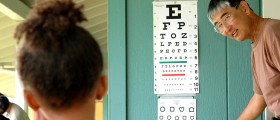
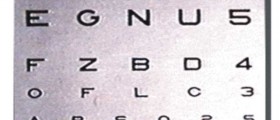
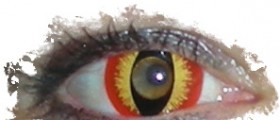
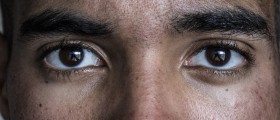
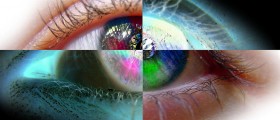

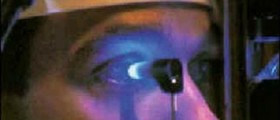

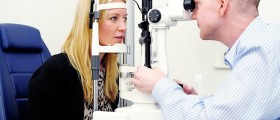

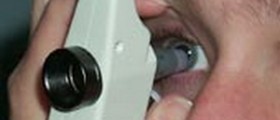

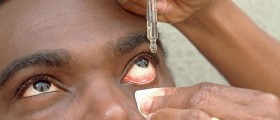
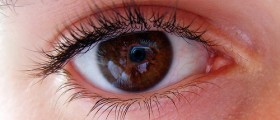
Your thoughts on this
Loading...